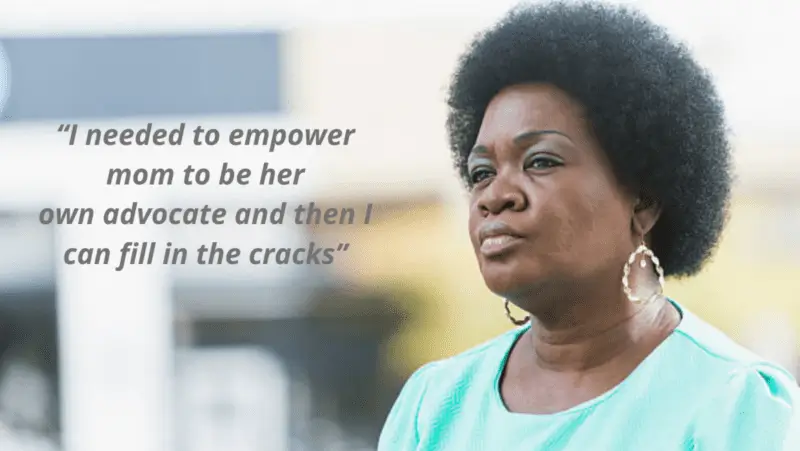Heart Failure Navigator: Staying on the Proper Route
Heart Failure Navigator: Staying on the Proper Route

Caring for a loved one with heart failure requires information about their health be tracked, in order to ensure they receive the proper care. Ensuring proper management of care can reduce the number of unecessary hospital visits.
Shared Decision Making
Shared decision making is the process of making decisions about your loved one’s healthcare WITH your loved one, and with their wishes and goals guiding those choices. Prioritize your loved one’s desired outcomes, while still considering the goals of you and the doctor, without completely discounting them.
When arriving at a decision about treatment for your loved one’s heart failure, be sure to ask questions and review the options with the doctor(s). Make the decision that works best for your loved one and your family.
Once a treatment or therapy has been decided on, make sure both you and your loved one fully understand all aspects of it.
Communicating Updates
Anytime your loved one has an update or changes to their care plan or routine, it’s important to update all of those on the care team who provide support. With heart failure, we know that getting to the diagnosis can be tough and getting those in an ER environment to believe the diagnosis can sometimes be even tougher. This is why keeping an up-to-date Patient File is critical with these conditions.
“While true that the squeaky wheel gets the grease, you have to know how to squeak effectively.”
Updating the Patient File: As a family caregiver, one of your most crucial roles is to document and communicate any changes to your loved one’s health to the care team members. An updated Patient File, with all your loved one’s most current medical records and medication list, is a key part of this.
Important factors to consider:
Who needs to know any updates? When updating your loved one’s patient file, ask yourself, is there any info that needs to be relayed to family and friends or other members of the care team? This can include:
- Friends and Family
- Including neighbors, church members, and other individuals in your loved one’s community who may support in caring for your loved one.
- Healthcare Professionals
- Doctors
- Nurses
- Specialists
- Therapists
- Therapists
Communication Tips for Family Caregivers from Doctors
- Bring notes. Write questions down so you won’t forget them.
- Be clear about what you want to say. Try not to ramble.
- If you have lots of things to talk about, make a consultation appointment, so the doctor can allow enough time to meet with you.
- Educate yourself about your loved one’s disease or disability.
- Learn the routine at the doctors’ office and the hospital so you can make the system work for you, not against you.
- Recognize that not all questions have answers—especially those beginning with “why?”
- Manage your natural anger, which can come from feelings of powerlessness. Do not allow these feelings to create negative interactions with the doctor.









